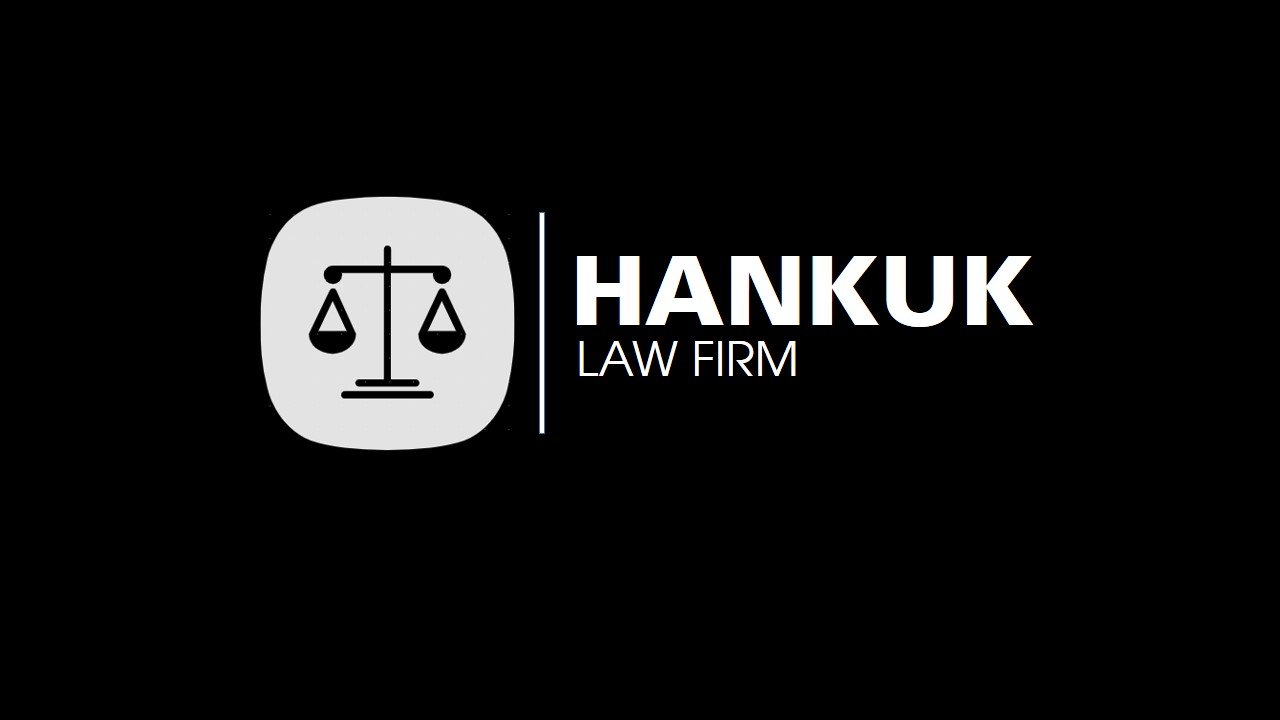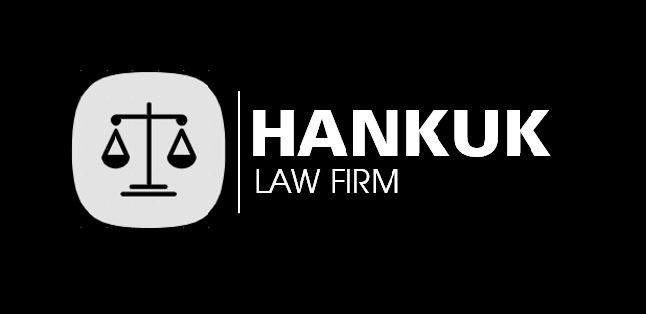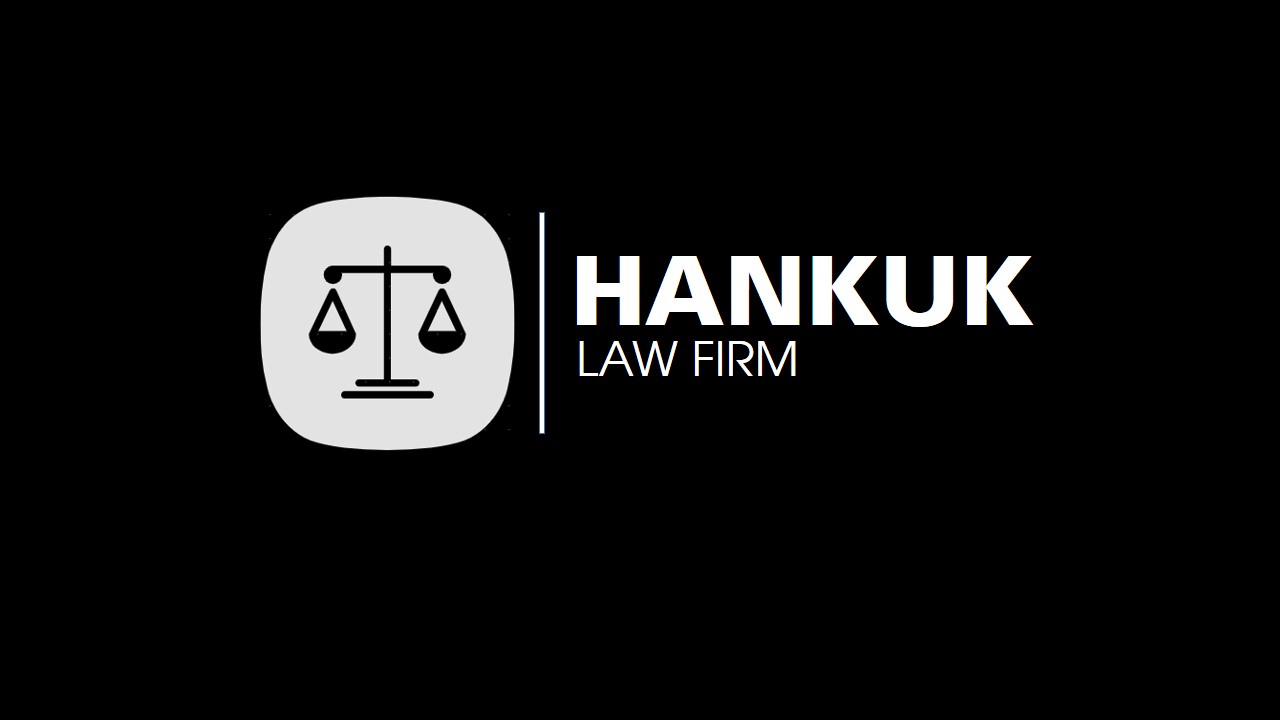ORGANIZATION OF PEOPLE’S COURTS IN VIETNAM
According to:
Law on Organization of People’s Courts 2014
Contents
I. ORGANIZATION OF PEOPLE’S COURTS
- The Supreme People’s Court;
- High people’s courts;
- Courts of provinces and municipalities;
- Courts of rural districts, urban districts, towns, provincial cities and the equivalent;
- Military courts.
II. DUTIES AND POWERS
1. The Supreme People’s Court
1.1. The Supreme People’s Court is the highest judicial body of the Socialist Republic of Vietnam.
1.2. The Supreme People’s Court shall review legally effective judgments and decisions of courts, which are protested against, under cassation or re-opening procedure in accordance with the procedural law.
1.3. It supervises the adjudication of other Courts, except otherwise provided by the law.
1.4. It summarises adjudication practices of all Courts, ensures the consistent application of the law in adjudication.
1.5. It is responsible for providing training and continuing education for Judges, Assessors and other court officials.
1.6. It administers People’s Courts and Military Courts in term of their organization in accordance with the Law on Organization of People’s Courts and relevant legislations, ensures the judicial independence among different Courts.
1.7. It is entitled to present to the National Assembly draft laws and resolutions; and to the Standing Committee of the National Assembly draft ordinances and resolutions in accordance with the law.
2. High People’s court
2.1. To conduct appellate trial of cases in which first-instance judgments or decisions of people’s courts of provinces and municipalities within their territorial jurisdiction which have not yet taken legal effect are appealed or protested against in accordance with the procedural law.
2.2. To review under cassation or re-opening procedure legally effective judgments or decisions of People’s Courts of provinces, municipalities, rural districts, urban districts, towns, cities or the equivalents within their territorial jurisdiction which are protested against in accordance with the procedural law.
2.3. Vietnam have had 03 High People’s Courts which located in Hanoi, Da Nang and Ho Chi Minh City:
2.3.1. The High People’s Court in Hanoi shall have the territorial jurisdiction over 28 provinces and municipalities, including Ha Noi, Hai Phong and Hoa Binh, Phu Tho, Tuyen Quang, Ha Giang, Thai Nguyen, Cao Bang, Bac Kan, Lao Cai, Yen Bai, Lang Son, Son La, Lai Chau, Dien Bien, Vinh Phuc, Hung Yen, Hai Duong, Bac Ninh, Bac Giang, Ha Nam, Quang Ninh, Thai Binh, Nam Dinh, Ninh Binh, Thanh Hoa, Nghe An, Ha Tinh.
2.3.2. The High People’s Court in Da Nang shall have the territorial jurisdiction over 12 provinces and municipalities, including Da Nang city and Quang Binh, Quang Tri, Thua Thien – Hue, Quang Nam, Quang Ngai, Binh Dinh, Phu Yen, Khanh Hoa, Gia Lai, Kon Tum,Dak Lak.
2.3.3. The High People’s Court in Ho Chi Minh City shall have the territorial jurisdiction over 23 provinces and municipalities, including Ho Chi Minh City, Can Tho, and Binh Thuan, Ninh Thuan, Dong Nai, Ba Ria – Vung Tau, Binh Duong, Binh Phuoc, Long An, Tay Ninh, Dak Nong, Lam Dong, Hau Giang, Dong Thap, Tien Giang, Ben Tre, Tra Vinh, Vinh Long, Soc Trang, Bac Lieu, Ca Mau, An Giang, Kien Giang.
2.4. The High People’s Courts have some Specialized Courts (Criminal court; Civil Court; Administrative Court; Economic Court; Labor Court; Family and Juvenile Court): hear appeals of People’s Courts of provinces and municipalities within its territorial jurisdiction which have not been legally effective and are appealed or protested against in accordance with the procedural laws.
3. Courts of provinces and municipalities
3.1. To hear first-instance cases in accordance with the law.
3.2. To hear appeals from People’s Courts of rural districts, urban districts, towns, cities or the equivalents which have not been legally effective and are appealed or protested against in accordance with the law.
3.3. To review legally effective judgments, decisions of People’s Courts of rural districts, urban districts, towns, cities and the equivalent, and request Chief Judge of High People’s Court or Chief Justice of the Supreme People’s Court to consider, protest against such judgments, decision if there are violations of the law or new facts.
3.4. To deal with other matters as prescribed by the law.
4. People’s Courts of rural districts, urban districts, towns, cities and the equivalents
4.1. To conduct first-instance trials of cases prescribed by law.
4.2. To settle other matters prescribed by law.
5. Military courts
Military courts are established in the Vietnam People’s Army to hear cases in which defendants are persons in service and other cases as prescribed by the laws.
Military Courts include: Central Military Court; Military Courts of military zones and the equivalents; Regional Military Courts.
5.1. The Central Military Court:
5.1.1. To conduct appellate trials of cases in which first-instance judgments or decisions of military courts of military zones which have not yet taken legal effect are appealed or protested against in accordance with the Criminal Procedure Code;
5.1.2. To conduct according to cassation or reopening procedure trials of cases in which legally effective judgments or decisions of military courts of military zones or the equivalent or of regional military courts are protested against in accordance with the Criminal Procedure Code.
5.2. Military Courts of military zones and the equivalents:
5.2.1. To conduct first-instance trials of cases prescribed by the Criminal Procedure Code.
5.2.2. To conduct appellate trials of criminal cases in which first-instance judgments or decisions of regional military courts which have not yet taken effect are appealed or protested against in accordance with the Criminal Procedure Code.
5.2.3. To perform other duties and exercise other powers prescribed by law.
5.3. Regional Military Courts:
5.3.1. To conduct first-instance trials of cases prescribed by the Criminal Procedure Code;
5.3.2. To perform other duties and exercise other powers prescribed by law.
About Us, Hankuk Law Firm

■ Hankuk Law Firm – Introduction
The goal of the legal services provided by HANKUK LAW FIRM is to support businesses, investors, and people. Our organization employs skilled Korean lawyers, partners, and professionals to provide legal services to businesses related to corporations and litigation.
To support the startup process, our lawyers and staff provide a wide range of services, including business law consulting, tax and immigration law consulting, real estate services, business consulting, marketing and communications, human resources, product distribution, franchise options, etc. We provide expert advice on every aspect of your business needs.
To protect the legitimate rights and interests of our clients and achieve the best results, we provide legal advice and participate in civil lawsuits related to business, labor, marriage, family, and inheritance.
■ Contact us now

For reliable and effective legal advice, please contact HANKUK LAW FIRM now. We are committed to providing you with the best possible answers and our team of experienced lawyers has extensive knowledge in many legal fields. We are always here to provide the most competent and dedicated support, whether you are dealing with contractual issues, commercial disputes or need guidance on foreign investment. HANKUK LAW FIRM is honored to have assisted hundreds of domestic and international clients in skillfully resolving complex legal issues as their trusted legal partner. Do not let legal issues hinder your success. Let us accompany you towards legal achievement and comfort. For prompt guidance and support to ensure your rights are always maintained at the highest standards, contact HANKUK LAW FIRM now.
■ Contact Hankuk Law Firm:
| Website: http://hankuklawfirm.com/en/
FB: https://www.facebook.com/hankuk.lawfirm Tiktok: https://www.tiktok.com/@hankuklawfirm Youtube: https://www.youtube.com/@hankuklawfirm6375 Email: info@hankuklawfirm.com SĐT: 0942.339.063 |
 |



